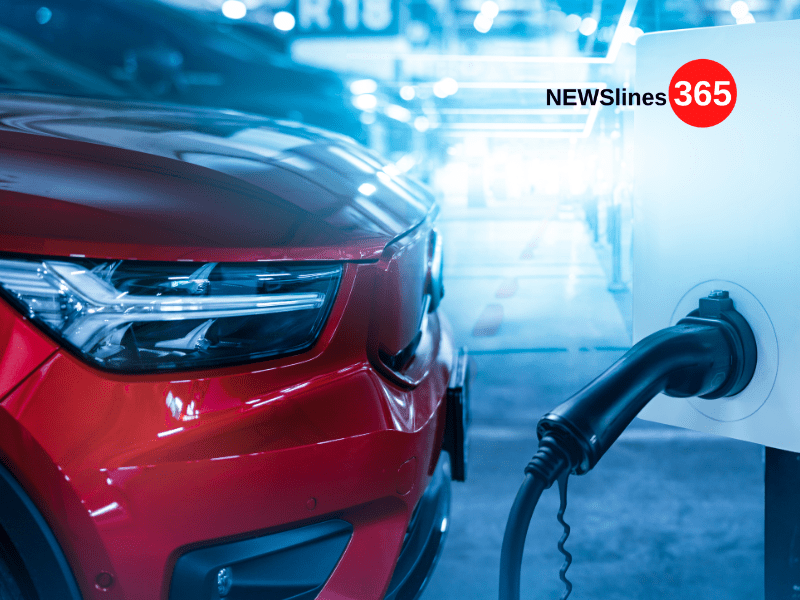Chinese manufacturers of electric vehicles (EVs) are aiming at capturing the European market and the business of multinational corporations by offering lower-priced vehicles with superior safety ratings and more advanced technology.
Recent months have seen a number of Chinese EVs obtain 5 STAR rating from the European New Car Assessment Programme (NCAP), an honor that demands the inclusion of active and passive safety measures that go above and beyond what is required by law.
As a result of massive failures in crash testing carried out in 2006 and 2007, Europeans started to question the safety of automobiles manufactured in China. Despite the widespread availability of automobiles with five-star ratings from Euro NCAP, this notion has persisted for some reason.
High safety ratings not only open up the potentially enormous corporate auto fleet market for Chinese electric vehicle manufacturers, but they may be even more vital for sales.
In key countries like Germany, France, and the United Kingdom, fleet sales account for around half of all automobile sales, and many corporate purchasers place a premium on safety features in a vehicle.
European automakers have raised EV pricing in response to high demand and a lack of a reliable supply chain, shifting their attention from less lucrative wholesale customers like vehicle rental companies to more lucrative retail consumers.

That’s opened the door for China’s electric vehicle (EV) manufacturers, who are already years ahead of their international competitors in the world’s largest EV market.
In the first nine months of 2022, around 155,000 cars manufactured in China were sold in Europe, accounting for 1.4% of the total. Compared to the 80,000 vehicles sold in 2021, Chinese manufacturers are on pace to sell 150,000 vehicles this year.
When it comes to completely electric vehicles, however, according to EV car sell report China holds a 5.8% market share thanks to the sales of nearly half as many electric vehicles as conventional ones in Europe.
The expert predicted that, within a few years, all Chinese vehicles sold in Europe will be EVs, with more affordable variants on the horizon.
According to them by 2030, EVs will account for 40 percent of Europe’s new car sales. Within that market, Chinese companies will account for 12.5 percent to 20 percent, selling between 725,000 and 1.16 million vehicles.
According to Michael Shu, general director of BYD Europe, the three vehicles the company plans to release in a select number of European countries next year should all receive excellent safety ratings.
Meanwhile, later this year, Great Wall Motor will introduce the ORA Funky Cat to the markets of Britain, Germany, Ireland, and Sweden.

The Funky Cat starts at approximately 32,000 pounds (approx. $36,350) in Britain, which is about $5,000 less than VW’s ID.3. Its features include face recognition to save seating preferences, driver-assistance systems, a reverse camera, and wireless phone charging.
This demonstrates that Chinese automakers take the European market for electric vehicles far more seriously than their European competitors do. No carmaker in the EU has been able to effectively astonish customers in their local market despite a significant degree of interest in electric vehicles across Europe. Despite the increasing interest in EVs, there has been little progress in EU EV-Car technology, and EU EV-Cars remain uncompetitive with Chinese automakers.
by Sikander Khan














